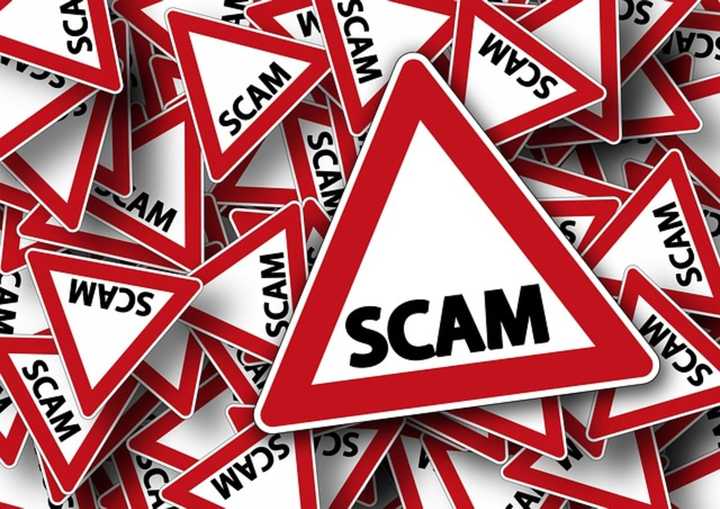The Federal Trade Commission issued an alert cautioning consumers of new scams that have been using text messages, not the traditional emails. One such scam involves the fraudster offering to provide major savings on television services.
The scams involve the victims sending back personal information, or infecting devices with malware.
According to the Better Business Bureau, this new scheme is called “smishing” which stands for SMS fishing, as opposed to “phishing,” which involves email.
“We’re kind of conditioned to now ignore phone calls that we don’t recognize and delete emails that we think are spam. But text messages, we’re kind of conditioned to respond to right away -- and that’s what the scammers are counting on.”
Another scam the BBB is warning of involves fraudsters offering heavily discounted on cable or satellite - as long as it's prepaid in advance. They then require the pre-payment to be paid through gift cards.
According to officials, “when people are on their phones, they are less wary. Many assume that their smartphones are more secure than computers. But smartphone security has limitations, and cannot directly protect against smishing.”
To protect yourself, one should:
- Regard urgent security alerts and you-must-act-now coupon redemptions offers or deals as warning signs of a hacking attempt.
- No financial institution or merchant will send you a text message asking you to update your account information or confirm your ATM card code. If you get a message that seems to be from your bank or a merchant you do business with, and it asks you to click on something in the message, it's a fraud. Call your bank or merchant directly if you are in any doubt.
- Never click a reply link or phone number in a message you're not sure about.
- Look for suspicious numbers that don't look like real mobile phone numbers, like "5000". As Network World notes, these numbers link to email-to-text services, which are sometimes used by scam artists to avoid providing their actual phone numbers.
- Don't store your credit card or banking information on your smartphone. If the information isn't there, thieves can't steal it even if they do slip malware onto your phone.
- Refuse to take the bait—simply don't respond.
- Report all smishing attacks to the FCC to try to protect others.
Click here to follow Daily Voice Darien and receive free news updates.
